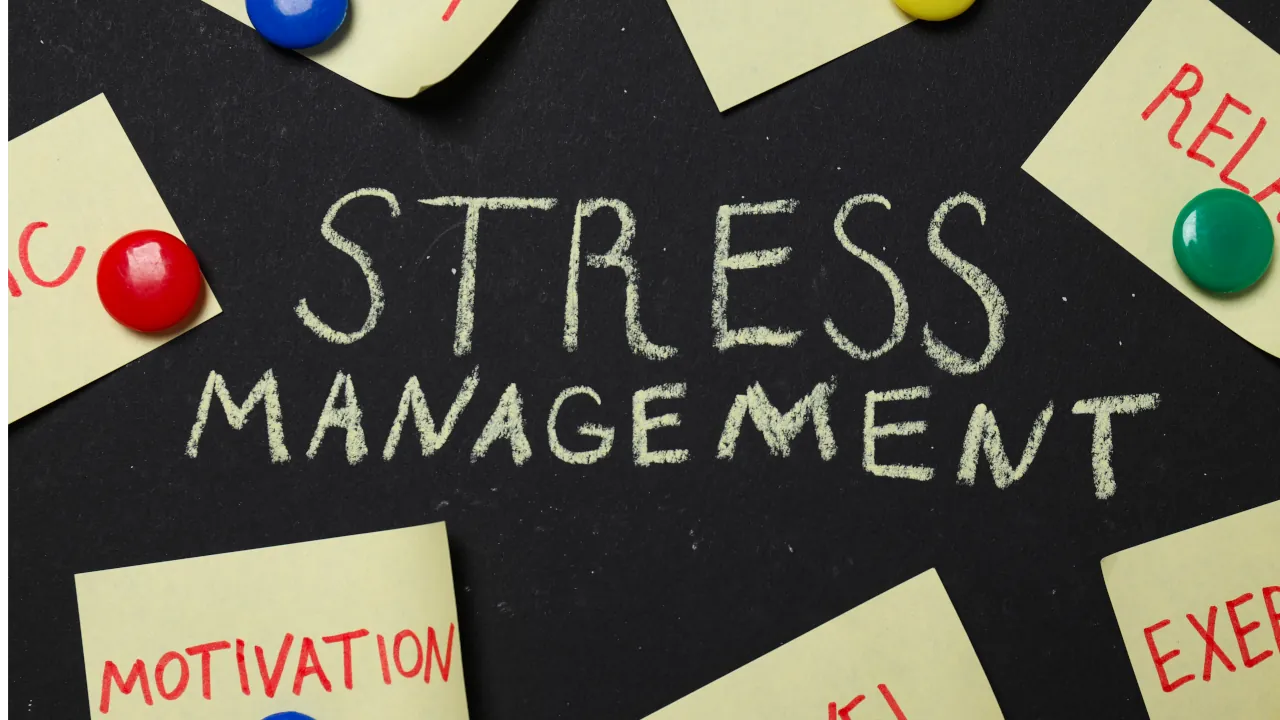Understanding Stress and Its Impact
Stress is an unavoidable part of life, but understanding its effects on your body and mind is the first step toward managing it effectively. Stress triggers the “fight or flight” response in your body, releasing hormones like cortisol and adrenaline. While this response is useful in emergencies, chronic stress can lead to health issues such as high blood pressure, weakened immunity, and anxiety. Recognizing how stress manifests in your mood, behavior, and physical health allows you to address it proactively.
Creating a Morning Routine for a Calm Day
How you start your day sets the tone for the rest of it. By creating a structured morning routine, you can build a strong foundation for a calm and productive day. Simple steps, such as taking a few minutes to stretch, drinking a glass of water, and planning your tasks for the day, can help. Incorporating mindfulness practices, like deep breathing, ensures you face your day with clarity and focus.
Mindfulness and Meditation Techniques
Mindfulness and meditation are highly effective tools for stress management. Mindfulness involves focusing on the present moment without judgment, while meditation directs your breathing and thoughts to create a sense of calm. Research has shown that these practices lower stress levels, reduce anxiety, and improve overall well-being. Start with as little as five minutes a day and increase as you become comfortable.
The Importance of Physical Activity
Physical activity doesn’t just benefit your body; it’s also a powerful stress-reliever for your mind. Exercise releases endorphins, often called “feel-good” hormones, which can enhance your mood and reduce the effects of stress. Whether it’s a brisk walk, yoga, or a gym session, incorporating regular movement into your routine can significantly impact your mental well-being.
Nourishing Your Body with a Healthy Diet
What you put into your body plays a major role in how you manage stress. Foods rich in omega-3 fatty acids, magnesium, and antioxidants are known to reduce stress levels and improve brain function. Avoid excessive caffeine or sugar as they can cause anxiety spikes and energy crashes. Instead, maintain balanced meals with whole grains, lean proteins, fruits, and vegetables.
Building a Strong Support System
Humans are social beings, and a supportive network of friends and family can be a buffer against stress. Sharing your feelings and experiences with others reduces emotional strain and solidifies connections. Don’t hesitate to lean on loved ones or join groups and communities where you feel understood and valued.
Setting Boundaries and Saying No
Sometimes, stress stems from over-commitment. Recognizing your limits and learning to say “no” can alleviate unnecessary pressure. Setting clear boundaries in both personal and professional relationships allows you to protect your time and energy, focusing on what truly matters to you.
Incorporating Breaks and Rest
Rest is not a luxury; it’s essential for mental and physical health. Scheduling breaks throughout your day helps prevent burnout and rejuvenates your mind. Avoid overworking by prioritizing sleep and creating a bedtime routine that encourages relaxation, such as reading or turning off devices an hour before bed.
Chart Example:
Below is a chart showing the recommended duration for different types of rest:
|
Type of Rest |
Daily Duration (Minutes) |
|---|---|
|
Physical Rest |
7-8 hours (nightly sleep) |
|
Mental Breaks (Daytime) |
5-10 minutes every hour |
|
Social Rest |
1 hour (time alone) |
|
Sensory Rest |
Reduce screen time by 30% |
Tracking Your Progress and Making Adjustments
Stress management is a continuous process that evolves over time. Keep track of your strategies through a journal or app to see what works best for you. Evaluate your progress regularly and make adjustments if needed. For instance, if a particular exercise feels repetitive, switch to something new like dancing or swimming to keep it engaging.
Seeking Professional Help When Needed
If stress feels overwhelming despite your efforts, seeking professional help is a crucial step. Therapists and counselors can provide tailored tools and techniques to assist you in managing stress effectively. Mental health care is not a sign of weakness but of strength and self-awareness.
Frequently Asked Questions (FAQs)
1. How can I know if stress is affecting my health?
Common symptoms include headaches, insomnia, irritability, and difficulty concentrating. Chronic stress can lead to physical issues such as high blood pressure and weakened immunity.
2. Can stress management techniques work instantly?
Some techniques like deep breathing or a quick walk provide almost immediate relief, but long-term benefits come with consistency.
3. How does mindfulness differ from meditation?
Mindfulness is about being aware of the present moment in your daily life, while meditation typically involves a structured practice to focus your mind and reduce stress.
4. What if I don’t have time for regular exercise?
Even short bursts of activity, like a 10-minute stretch or brisk walk, can make a big difference. Look for ways to integrate movement into your routine, such as taking the stairs instead of the elevator.
5. When should I seek professional help for stress?
If stress impacts your daily life, relationships, or physical health significantly, it’s time to reach out to a counselor or therapist for support.




